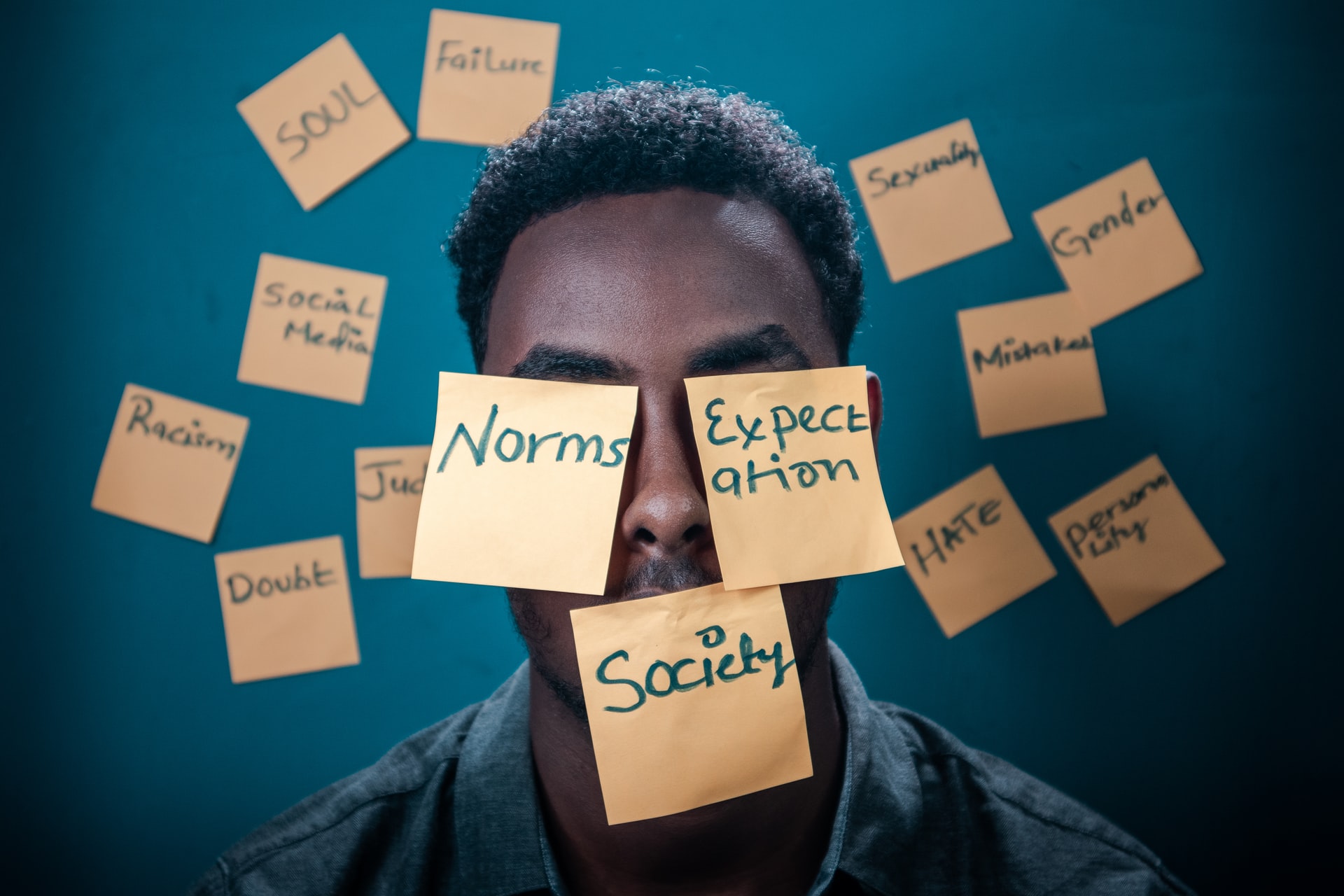Having weaknesses gets a bad rap. Most people want to hide or ignore their weaknesses and play up their strengths. It can be wise to focus on what’s right and lean into strengths, but weakness has an important role in building strengths. Experiencing weakness can help-
- Identify vulnerabilities
- Expose deficits
- Encourage growth
- Change behaviors
Many times, weakness can contribute to failure. When people focus solely on their strengths, they can become unaware of their weaknesses or downplay the consequences their weaknesses can cause. Failure offers the opportunity to fail forward or learn from mistakes and missteps. In this way, failure becomes feedback or information that can be used to morph a weakness into a strength. Here’s how-
Failing identifies vulnerabilities- We all have vulnerabilities. We have weak spots that leave us exposed to attack- metaphorically and physically. Failing identifies our vulnerabilities which makes it possible to problem solve. Not all vulnerabilities are managed by personal change, some are managed by partnering with someone who thrives where we are weak but discovering the vulnerability in and of itself can help build strength where there once was weakness.
Failing exposes deficits- Sometimes we don’t know what we don’t know. Failure can expose deficits and offer the opportunity to fix them. Suffering from a failure and learning where we’re weak helps us learn new skills or solve problems. Getting bruised and bumped by a failure can build strength and character and make us better.
Failing encourages growth- Failing is humbling. No one wants to fail unless they are purposefully looking for weaknesses- which does happen from time to time. For most people, failure is a reminder of imperfections and gives an opportunity to learn and grow or wither and hide. Failing forward means embracing failure as part of the process knowing that the failure will spur growth.
Failing changes behavior- If used wisely, failure can create change. Failure can produce important feedback that can create changes that prevent or avoid future failure. Most people who burn their hand on a hot oven change their behavior and rarely burn themselves again. They take precautions to make sure they don’t fail and burn their hand again. Failure makes it possible to get up, dust yourself off and try again.
Many companies do trials for new products to expose weaknesses. They want to know where the failures are. They seek them out. They know there are benefits to identifying vulnerabilities and exposing deficits. Doing so creates the opportunity to make things better and move forward. Failure isn’t the end, it’s often times an important part of the process.
Failure is positive if you’re failing forward. Weaknesses discovered from failures offer valuable feedback that build strength.




